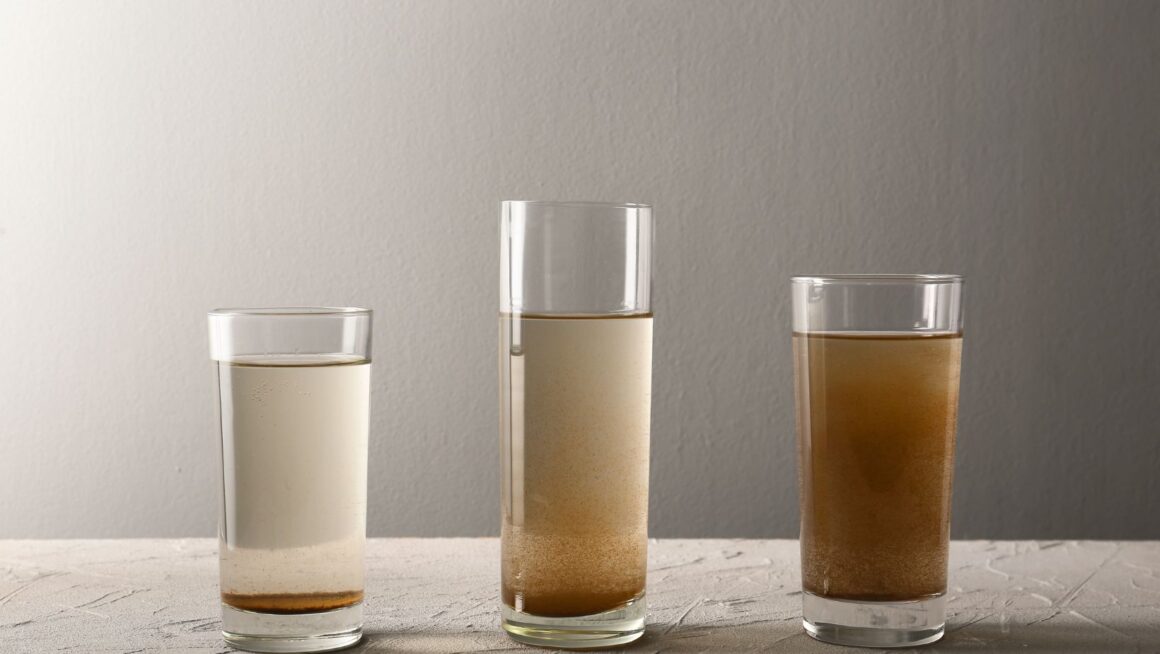In the quest for a healthier lifestyle and a more sustainable world, the importance of clean water cannot be overstated. Water is not just essential for life; its quality affects every aspect of our health and well-being. Understanding and implementing clean water practices are crucial steps toward maintaining our health and protecting the environment. This article explores innovative ways to ensure you and your loved ones enjoy pure, safe water every day.
Understanding Water Contamination
Water contamination can occur through various sources, from industrial waste and agricultural runoff to outdated plumbing and natural contaminants. Common pollutants include bacteria, heavy metals, pesticides, and synthetic chemicals, all of which can pose serious health risks. Understanding these risks is the first step toward taking action to ensure the water you consume is clean and safe.
Modern Solutions for Water Purification
Advancements in technology have led to the development of several effective water purification methods that can be used in homes and communities. Among these, reverse osmosis water filters stand out as a popular choice for many households. These systems use a semipermeable membrane to remove impurities, including dissolved salts and harmful contaminants, providing clean water that tastes great and is safe to drink.
Carbon Filtration
Activated carbon filters are another widely used technology that removes organic compounds and chlorine, both of which can affect water taste and odor. These filters are relatively inexpensive and easy to maintain, making them an ideal choice for improving the aesthetic qualities of water.
Ultraviolet Treatment
Ultraviolet (UV) water purification is a powerful method to eliminate bacteria and viruses without the use of chemicals. By exposing water to UV light, these systems disrupt the DNA of harmful organisms, rendering them harmless and ensuring the water is safe for consumption.
The Impact of Clean Water on Health
Clean water does more than quench your thirst—it plays a vital role in your overall health. Consuming contaminated water can lead to a range of health issues, from gastrointestinal illnesses to serious diseases such as cholera and hepatitis.

By ensuring your water is clean, you protect yourself and your family from these risks.
Digestive Health
Water free from contaminants helps maintain a healthy digestive system. It aids in digestion and prevents the ailments that can arise from consuming contaminated water, such as stomach cramps and diarrhea.
Skin Health
Clean water not only impacts your internal health but also your external well-being. It contributes to healthier skin by reducing exposure to harmful chemicals that can cause dryness and irritation.
Sustainability and Water Conservation
As we improve water quality, it’s also important to consider the sustainability of our water use. Conserving water not only helps preserve this precious resource but also reduces the energy and costs associated with treating and distributing water.
Efficient Fixtures
Installing water-efficient fixtures like low-flow showerheads and toilets can significantly reduce water usage in households. These fixtures ensure that less water is used without sacrificing performance, which can lead to considerable savings on water bills.
Rainwater Harvesting
Rainwater harvesting systems collect and store rainwater for later use. This not only provides an additional source of water but also reduces dependence on municipal water systems, easing the strain on these resources.
Community Involvement and Education
Creating waves of wellness through clean water practices requires community involvement and education.

By educating ourselves and others about the importance of clean water and sustainable practices, we can make a significant impact.
Educational Programs
Schools and community centers can offer programs that teach children and adults about water conservation and pollution prevention. These programs can empower individuals to make informed decisions about water use and treatment in their homes and communities.
Public Initiatives
Supporting public initiatives that aim to improve water infrastructure and reduce pollution can lead to broader community health benefits. These might include advocating for better waste management practices or supporting policies that protect local water sources from industrial pollutants.
The journey toward waves of wellness through clean water is a collective effort that involves choosing effective purification methods, adopting sustainable practices, and educating communities. By taking proactive steps to ensure the cleanliness and sustainability of our water, we not only improve our health and well-being but also contribute to a healthier planet. Whether through the use of sophisticated technology like reverse osmosis water filters or simple conservation efforts, every action counts. Let’s commit to cultivating clean water practices that will ripple through our lives and the world around us.



